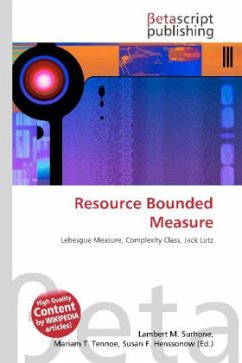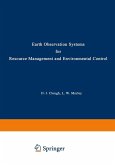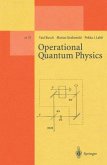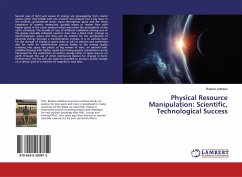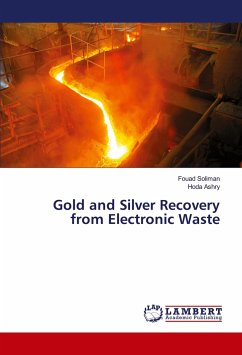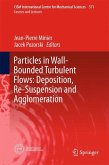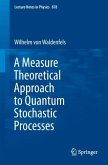Please note that the content of this book primarily consists of articles available from Wikipedia or other free sources online. Lutz''s resource bounded measure is a generalisation of Lebesgue measure to complexity classes. It was originally developed by Jack Lutz. Just as Lebesgue measure gives a method to quantify the size of subsets of the Euclidean space R^n, resource bounded measure gives a method to classify the size of subsets of complexity classes. For instance, computer scientists generally believe that the complexity class P (the set of all decision problems solvable in polynomial time) is not equal to the complexity class NP (the set of all decision problems checkable, but not necessarily solvable, in polynomial time). Since P is a subset of NP, this would mean that NP contains more problems than P. A stronger hypothesis than "P is not NP" is the statement, "NP does not have p-measure 0". Here, p-measure is a generalization of Lebesgue measure to subsets of the complexity class E, in which P is contained. P is known to have p-measure 0, and so the hypothesis "NP does not have p-measure 0" would imply not only that NP and P are unequal, but that NP is, in a measure-theoretic sense, "much bigger than P".
Bitte wählen Sie Ihr Anliegen aus.
Rechnungen
Retourenschein anfordern
Bestellstatus
Storno

